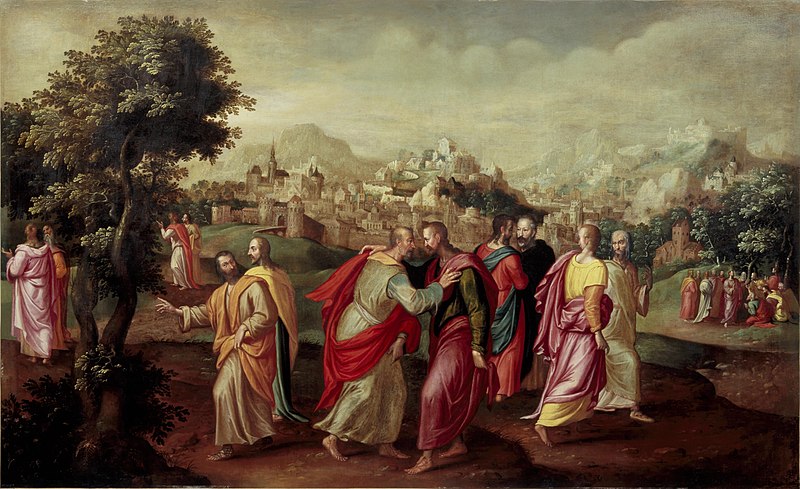Lessons in Compassion
Lessons in Compassion
What brings you to Jesus?
In New Testament times, people flocked to Jesus seeking something they lacked—health, freedom, power, peace, or hope.
The Gospels share numerous stories of people with various ailments hoping to be healed. What depth of faith must they have possessed to leave home and endure the discomfort of travel for only a chance of being made well? Suffering, afraid, broken, and probably having exhausted every avenue of healing they knew—when all they had tried failed—they sought this man. Stories of His healings, the miracles, the unexplained, but most importantly the hope drew them to come and see. No one like Jesus existed before; two thousand years later, we can say no one like Jesus has existed since.
Word spread about Jesus from town to town and over great distances, even without social media. But when people came out to see Him, what expectations did they have?
Whatever prompted them, they came in droves, sometimes by the thousands. In Matthew’s Gospel (14:12-21), we read how they crowded the banks where Jesus disembarked from a boat then they scattered across the land, each hoping to find a place to see and more importantly hear this mysterious miracle man. Were they simply discontent by their circumstances—spiritually, economically, politically? Was it just curiosity? Was the arduous trek worth it?
How often do you contemplate the value of the Sunday excursion to Mass versus staying cozy in bed after an exhausting week? Maybe it is not as dramatic as a desert journey, but the stirring to be close to Jesus which moves us into action remains the same.
Jesus provides.
Moved to pity by the multitudes, Jesus seized this opportunity to do what He did best: teach and heal. He cured the sick and spent the day among these people. He tirelessly ministered, touching many hearts, converting many souls, and stirring the desire of many to become disciples.
On this wonderful day, the crowds found abundant things in this location: grace, hope, mercy, tenderness, love . . . however, food was lacking and evening approached. Jesus had provided sustenance of mind and spirit, but could He also provide for the body? How many thought to themselves, Could He be the answer to everything we need?
As the day came to a close, the Apostles approached the Master and entreated Him to dismiss the crowds. In the presence of such greatness, witnessing things they’d never seen before, they would not likely leave of their own accord.
 A mountain-top experience.
A mountain-top experience.
How often have you had a mountain-top experience, one of those splendid, special days you never want to end? How many gathered around Jesus that day, like Peter at the Transfiguration, wished the day to go on forever?
Instead of dispersing the crowd as the Apostles requested, Jesus ordered the crowd to be seated, and He blessed the five fish and two loaves of bread. Seated, the people were at rest, the burden of the day and their hunger lifted by a simple command. In this short time with Jesus, they learned to trust Him. They yoked themselves to the teachings of this Rabbi, this teacher.
Come to me, all who labor, hunger, and thirst. Jesus promises to take the burden upon himself, and give you rest. We see that promise in the command to be seated. Do you see Jesus’ promises as trustworthy? If you had been there, would you have sat and waited on Him to act, or would you have doubted and gone to care for your own needs?
Taking the sparse offerings of the five fish and two loaves, Jesus Himself presents them to the Father, blesses them, and breaks them — dividing them among those who put their trust in Him to provide. There is not only enough to feed those present, but twelve bushels of fragments are left, collected, and distributed to others in need.
When we seek what Jesus offers, we are given rest.
We are filled with more than we need and left with some to distribute to others who also need, but who have perhaps not yet realized what Jesus is offering. Seeking Jesus is always worth the effort.
Copyright 2025 by Allison Gingras
Edited by Theresa Linden














